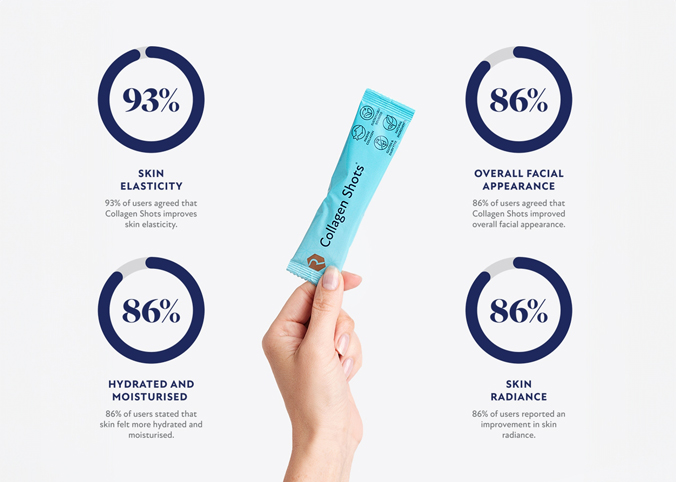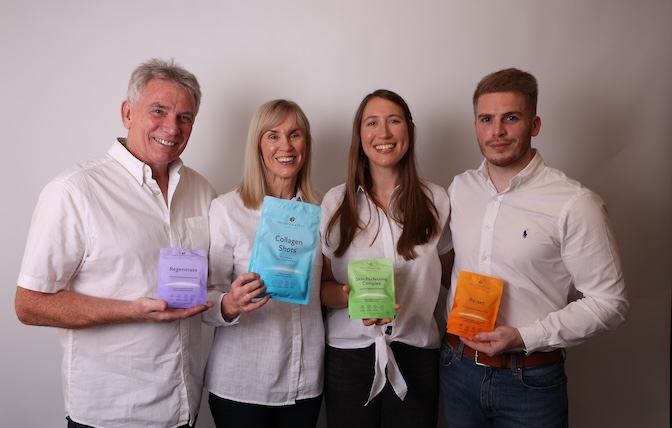What is Burnout?

It’s easy to feel like life is a constant sprint. Work deadlines, social expectations, and even moments of leisure can feel wrapped in the pressure to be productive. However, when that relentless pursuit of achievement starts to feel less like a fire in your belly and more like an overwhelming inferno consuming you and your every thought and feeling, you might be approaching burnout.
Burnout or Exhaustion?
It’s incredibly important to make the distinction between burnout and the more ordinary (but still unpleasant) exhaustion. A long day can leave you drained, but exhaustion usually fades with a good night’s sleep and some recharge time. Burnout, on the other hand, is a deeper, more chronic state of emotional, physical and mental exhaustion caused by prolonged stress or excessive levels of stress. An analogy that we’ve often seen is that burnout is like ‘running on fumes for so long that even the gas station is out of reach’.
5 Symptoms of Burnout?
There are 5 core symptoms that indicate that you are either experiencing burnout, or well on your way to suffering from it, and it is important to familiarise yourself with these 5 symptoms:
Emotional Exhaustion If you are feeling emotionally drained, numb, or excessively cynical, with little to no energy for the things that you once enjoyed; you are more than likely suffering from burnout.
Depersonalisation Detaching from your work, home and social obligations, and experiencing a sense of indifference or even negatively towards these key aspects of your life is another key indicator.
Diminished Feeling of Accomplishment Feeling unproductive and incompetent despite evidence to the contrary is as much a symptom of burnout or it is of depression. If your goalposts for accomplishment keep shifting and you make any achievements feel insignificant; then you need to consider this as a symptom of burnout.
Physical Health Issues While burnout is quite often associated with the mental state, burnout can manifest in physical ways too. If you are experiencing; headaches, difficulty sleeping or a change in appetite, this could be a sign.
General Loss of Motivation While it is perfectly normal for motivation levels to fluctuate over time, if you are experiencing relentlessly low motivation levels that do not at any point improve, then you could be on the cusp or in a phase of burnout.
How long does burnout last?
Unfortunately there is no single answer on how long burnout lasts. Burnout comes in all sorts of ways and the impact for each individual will vary significantly too. Research has suggested that burnout can impact your body for anything between 6 weeks and 12 months.
How to recover from burnout?
Similar to how there is not a one-size fits all answer as to how long the symptoms of burnout will last, there is no single answer on how to expedite the speed at which you recover. Recovery can take weeks, months or even longer depending on the severity of burnout and the tools that you have at hand to tackle it. But the good news is that recovery is possible. Here are some of the most tried and tested ways to extinguish the flames of burnout and reignite your well-being:
Rest As simple as it sounds, prioritising rest is really important. This isn’t just about sleep, although sleep is crucial. It is about actively carving out space for activities that truly nourish you, whether that is reading, walking in nature or participating in yoga. Whatever it is, make sure that you have time set out across your day and your week to rest.
Nourishment Eating right, and ensuring that your body is nourished with the right stuff is paramount to restoring balance and revitalising your metabolism. Burnout and stress can put your body in a position of imbalance at cellular level which triggers stress responses that can exacerbate the symptoms of burnout and the time to recovery. By looking after cellular health, through nourishing the body, you can help make the body less susceptible to the physical and emotional stress that brought you burnout in the first place.
Set Boundaries In a lot of instances, burnout is brought on by always saying ‘yes’. Whether that means an ever growing list of jobs and responsibilities at work, or a never ending list of social and family commitments, saying ‘yes’ sometimes just adds mental and physical strain beyond what the body can handle. Learn to say ‘no’ more often. Protecting your time and energy is essential for both preventing burnout and recovery from it.
Ask for Help
The symptoms of burnout can feel like a heavy weight on your shoulders that no one will understand; but the key to recovering from this is to talk to people. Talk to friends, family or a therapist about what you are experiencing. Sharing your burden can lighten the load somewhat and enable the stakeholders in your life to offer valuable perspectives and insights that may speed up your recovery.
Reassess your Priorities Take a step back and examine what truly matters to you. Are you chasing goals that align with your values and aspirations? Sometimes a course of correction is necessary to prevent burnout from becoming a regular occurrence in your life.
Shed the Shame Burnout isn’t a character flaw, and it isn’t a weakness. It is a sign that your needs haven’t been met. By recognising the symptoms, prioritising your well-being and seeking support when needed you can rebuild your life fueled by passion not exhaustion.
Discover how Cellular Calm Complex can help to restore a more peaceful mind.
Taking wellness seriously is not just about feeling good in the moment, it is a crucial investment in your present and future happiness, success and longevity. Normally it doesn’t take drastic lifestyle changes or hours of self-care rituals; in the main it is about making small, consistent choices that nourish your body, mind and spirit. Making sure that you are listening to your needs, respecting your limits and actively cultivating habits that bring you wellbeing. Here are Rejuvenated, we’ve been focused on wellness and wellbeing for more than 20 years, as when you invest in your wellbeing, you invest in your happiness, success, and a life truly worth living. Make your wellbeing your priority, not an afterthought and your future self will thank you for it.






